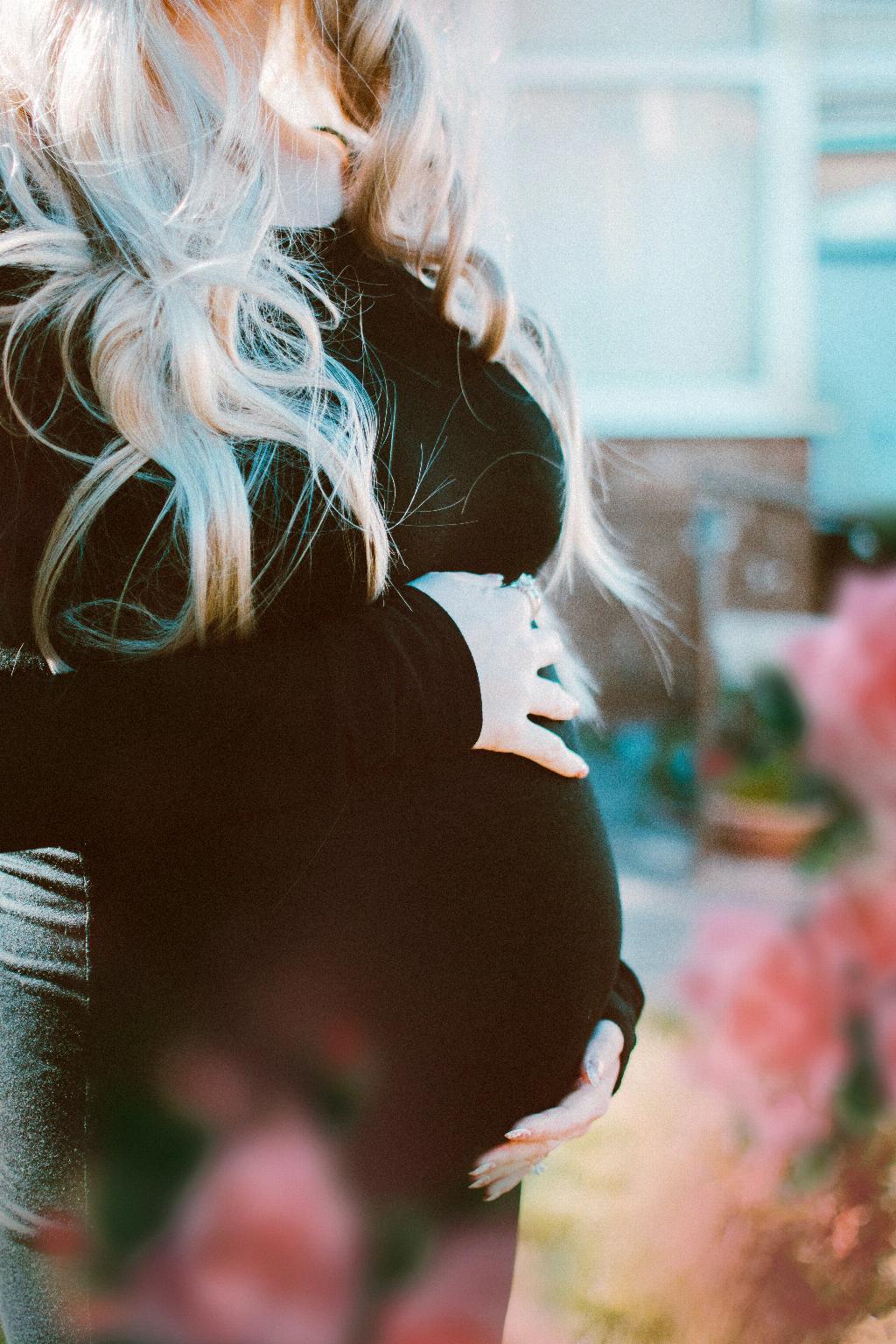At 19 weeks, your baby is going through significant developmental milestones in the womb. Their sleep patterns are becoming more defined, with clear distinctions between waking and sleep cycles, much like a newborn. During this time, your baby will spend about 18 hours a day sleeping and around 6 hours actively moving around.
Interactive Responses to External Stimuli
One remarkable aspect of your baby’s development at 19 weeks is their ability to react to sounds from outside the womb. This means that you can start engaging with your baby by reading stories or playing music. These familiar sounds will be recognized by your baby after birth, creating a bond that begins even before they enter the world.
Signs of Well-Being
There are several signs that indicate your baby’s well-being at 19 weeks. Regular and consistent movements are an essential indicator of your baby’s health. Feeling your baby move throughout the day, especially after meals or in response to external stimuli, is a reassuring sign that they are active and growing.
Monitoring Baby’s Growth
Regular prenatal check-ups and ultrasounds are essential for monitoring your baby’s growth and development at 19 weeks. Your healthcare provider will assess various factors, such as fetal size, heart rate, and movements, to ensure that your baby is progressing as expected.
Healthy Lifestyle Choices
Ensuring a healthy lifestyle is crucial for your baby’s well-being at 19 weeks. Eating a balanced diet, staying hydrated, getting regular exercise, and avoiding harmful substances like tobacco and alcohol are all vital aspects of promoting a healthy pregnancy and supporting your baby’s growth.
Embracing the Bond
As you continue to nurture your baby’s development at 19 weeks, it’s essential to embrace the bond you share. Engaging in activities that promote relaxation and connection, such as talking to your baby, playing soothing music, or practicing prenatal yoga, can strengthen the emotional connection between you and your little one.
Trust Your Instincts
Intuition plays a significant role in parenting, even before your baby is born. Trusting your instincts and paying attention to your baby’s movements and rhythms can provide valuable insights into their well-being. If you ever have concerns about your baby’s health, don’t hesitate to reach out to your healthcare provider for guidance.
Preparing for Parenthood
As you navigate the journey of pregnancy at 19 weeks, it’s natural to start envisioning life as a parent. Take this time to prepare for parenthood by attending prenatal classes, gathering essential baby items, and creating a supportive network of family and friends who can offer guidance and assistance along the way.
Mental and Emotional Well-Being
It’s essential to prioritize your mental and emotional well-being during pregnancy. Practicing self-care, seeking support from loved ones, and engaging in activities that bring you joy and relaxation can positively impact both you and your baby. Remember that taking care of yourself is an integral part of caring for your growing family.
Celebrating Milestones
Every week of pregnancy marks a milestone in your baby’s development and your journey to parenthood. Take time to celebrate these moments, whether it’s through journaling, creating a pregnancy scrapbook, or simply pausing to appreciate the miracle of life growing within you. Each moment is unique and worth cherishing.
Looking Ahead
As you reflect on your baby’s well-being at 19 weeks, look ahead with anticipation and joy towards the future. The bond you’re cultivating with your baby during pregnancy is a foundation for the love and connection you’ll share as parent and child. Embrace this journey with positivity and confidence, knowing that you’re nurturing a precious life within you.

